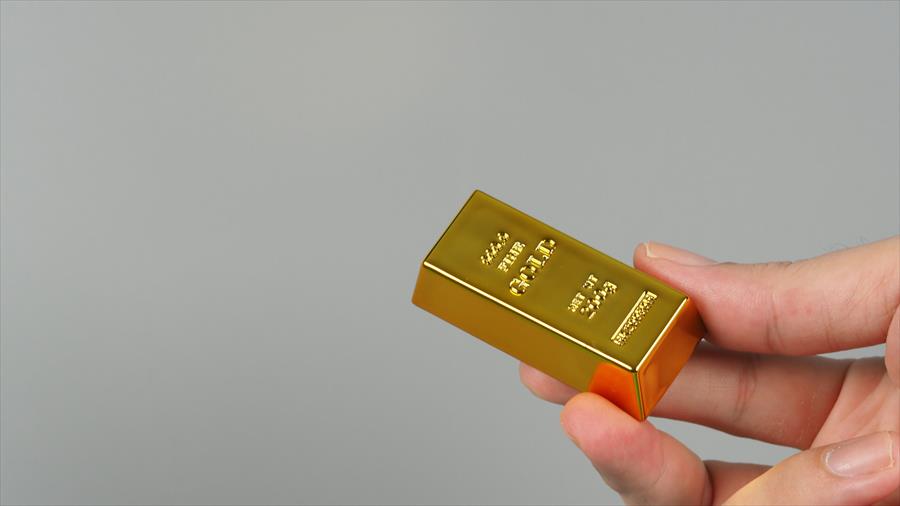How to Use Your Precious Metals as Collateral for Loans
When it comes to collateral for financial transactions, most people think of traditional assets like real estate or stocks. However, there’s a lesser-known yet valuable asset that can serve as collateral: bullion. Bullion, which refers to gold, silver, or other precious metals in their purest form, holds tremendous potential for securing loans, investments, and even diversifying portfolios. Keep reading as the experts from First National Bullion and Coin, San Diego residents’ rtp slot premier choice for the most complete information on every aspect of owning precious metals, explore the concept of using bullion as collateral and delve into its benefits, risks, and practical applications.
Understanding Bullion as Collateral
Bullion represents precious metals in their purest form, typically gold or silver. It’s valued based on weight and purity, making it a tangible and universally recognized asset. Precious metals have inherent value and are highly liquid assets. Their value is determined by market demand and supply, providing stability even during economic uncertainties.
Before using bullion as collateral, it’s important to understand the legal framework and regulations governing its use in financial transactions. Different jurisdictions may have specific requirements and restrictions.
Benefits of Using Bullion as Collateral
Bullion’s high market value and stability make it an attractive option for collateral. Precious metals have historically maintained their value over time, acting as a hedge against inflation and economic downturns. Including bullion in a portfolio provides diversification, reducing the overall risk exposure. It serves as a store of value that can counterbalance the volatility of other investments, such as stocks or cryptocurrencies.
Bullion-backed loans often come with lower interest rates compared to unsecured loans. Lenders are more inclined to offer favorable terms due to the collateral’s intrinsic value and reduced risk.
Practical Applications
By using bullion as collateral, individuals and businesses can secure loans to fund various purposes, including personal expenses, business expansions, or even purchasing additional bullion. Bullion can be leveraged to access investment opportunities such as purchasing stocks, real estate, or other assets. It allows investors to diversify their portfolios and potentially generate additional income. Bullion can provide a source of liquidity for businesses, allowing them to secure working capital or finance operational expenses without having to sell the precious metals outright.
Risks & Considerations
As with any investment, bullion is subject to market volatility and price fluctuations. Investors must be prepared for potential declines in value and consider their risk tolerance. In addition, proper storage and security measures are crucial when holding bullion as collateral. Specialized facilities or secure vaults may be necessary to ensure its physical protection.
Procedures & Requirements
Before using bullion as collateral, it must undergo evaluation and authentication to determine its purity and value. Accredited professionals or specialized companies can assist with this process.
Establishing clear collateral agreements and loan terms is crucial to protect both parties involved. These agreements should outline the rights, responsibilities, and conditions related to the collateral.
It’s also essential to ensure compliance with relevant regulations and document all aspects of the collateral arrangement. This includes ownership verification, appraisal reports, and legal contracts.
How to Find the Best Lenders & Terms
If you decide to use bullion as collateral, you’ll need to find a reputable and trustworthy lender who can offer you the best rates and terms for your situation. Here are some tips on how to do that:
- Compare different lenders and their offers online or offline. Look for lenders who specialize in bullion-backed loans or have experience with this type of collateral.
- Check the reputation and reviews of the lenders you’re considering. Look for lenders who have positive feedback from previous customers and are accredited by relevant organizations or associations.
- Read the fine print and understand the terms and conditions of the loan agreement. Look for lenders who are transparent and upfront about their fees, interest rates, loan duration, repayment options, and other details.
- Negotiate with the lender if possible. Try to get the best deal possible by asking for lower interest rates, higher loan amounts, longer loan terms, or more flexible repayment options.
Using bullion as collateral opens up new possibilities for borrowers and lenders alike. Its intrinsic value, liquidity, and stable market performance make it an attractive option for securing loans, diversifying investments, and accessing competitive interest rates. However, it’s crucial to consider the risks associated with market volatility, storage, and counterparty verification. As the financial landscape continues to evolve, the use of bullion as collateral is likely to gain more traction, empowering individuals and businesses to unlock the untapped potential of these precious metals.
When they’re looking for the best place to buy gold bars, San Diego precious metals collectors reach out to the trustworthy professionals at First National Bullion. We can answer all your questions and help you find all the information you need on how precious metals can be a valuable part of your asset portfolio. Give one of our experienced dealers a call today at (858) 304-7580.
The statements made in this blog are opinions, and past performance is not indicative of future returns. Precious metals, like all investments, carry risk. Precious metals and coins may appreciate, depreciate, or stay the same in cash value depending on a variety of factors. First National Bullion does not guarantee, and its website and employees make no representation, that any metals for sale will appreciate sufficiently to earn the customers a profit. The decision to buy, sell, or borrow precious metals and which precious metals to purchase, borrow, or sell are made at the customer’s sole discretion.


